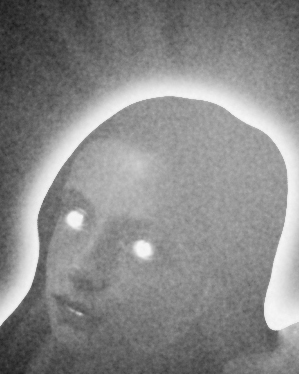Home -> Encyclopedia -> Timelines – Fiction
Early Beginnings of Storytelling
Oral Tradition (~70,000 BCE – 3500 BCE): Narratives have been a fundamental part of human society for millennia, dating back to prehistoric times when our ancestors shared stories orally.
Sumerian Literature (Around 2100 BCE): The earliest known form of fictional written literature was the Epic of Gilgamesh, a Sumerian narrative holding both mythological and historical elements.
Golden Age of Greek Literature (500 BCE – 323 BCE): The work of Homer, Aesop, and other Greek writers laid the groundwork for many fiction conventions, such as complex narrative structures, epic battles, and tragic heroes.
Middle Ages
Religious and Moral Tales (500 – 1500 AD): In the Middle Ages, fiction predominantly dealt with religious and moral themes. These include epics, legends, folktales, and fables, which were written in vernacular languages and Latin.
Modern Revolution
Book Printing (1440 AD): Johannes Gutenberg’s invention of the printing press revolutionized the distribution of literature by making books more accessible, leading to an explosion of new ideas and literary experimentation.
Novels (Around 17th-18th Century): The novel emerged as a major literary form, popularizing the use of prose and delivering more realistic narratives. Notable authors include Daniel Defoe and Jane Austen.
19th Century Literary Evolution: Serial Novels & Development of Genres: With increased literacy rates, many novels began being published in installments in newspapers, with prominent authors such as Charles Dickens doing so.
Modern & Contemporary Fiction
Stream of Consciousness (Late 19th to Early 20th Century): Authors like James Joyoce, Virginia Woolf, and Marcel Proust utilized this technique where a character’s thoughts and feelings are depicted as a continuous flow.
Modernist and Postmodernist Fiction (1910 – late 20th Century): Modernist writers, such as T.S. Eliot, experimented with new narrative styles, and thematic concerns. Postmodernism, with authors like Don DeLillo and Thomas Pynchon, added further nuances to the fictional narrative with self-referentiality, intertextuality and playful forms.
Genre Fictions (Late 19th – 20th Century): Different genres, including Science Fiction, Mystery, Romance, and Fantasy, developed and popularized, significantly enhancing diversity in fiction writing.
Digital Age
Ebooks and Online Publishing (21st Century): The advent of the internet and rise of digital technologies have made it easier for books to be published and read online, marking a significant shift in how people consume fiction.

